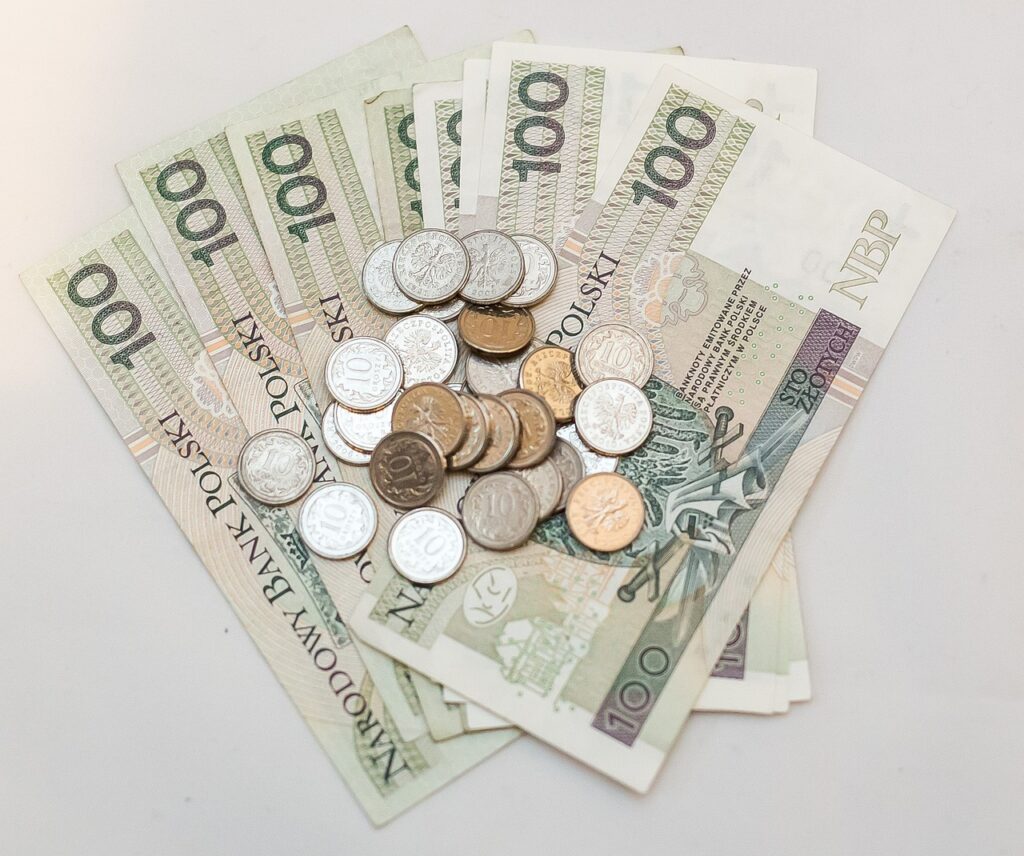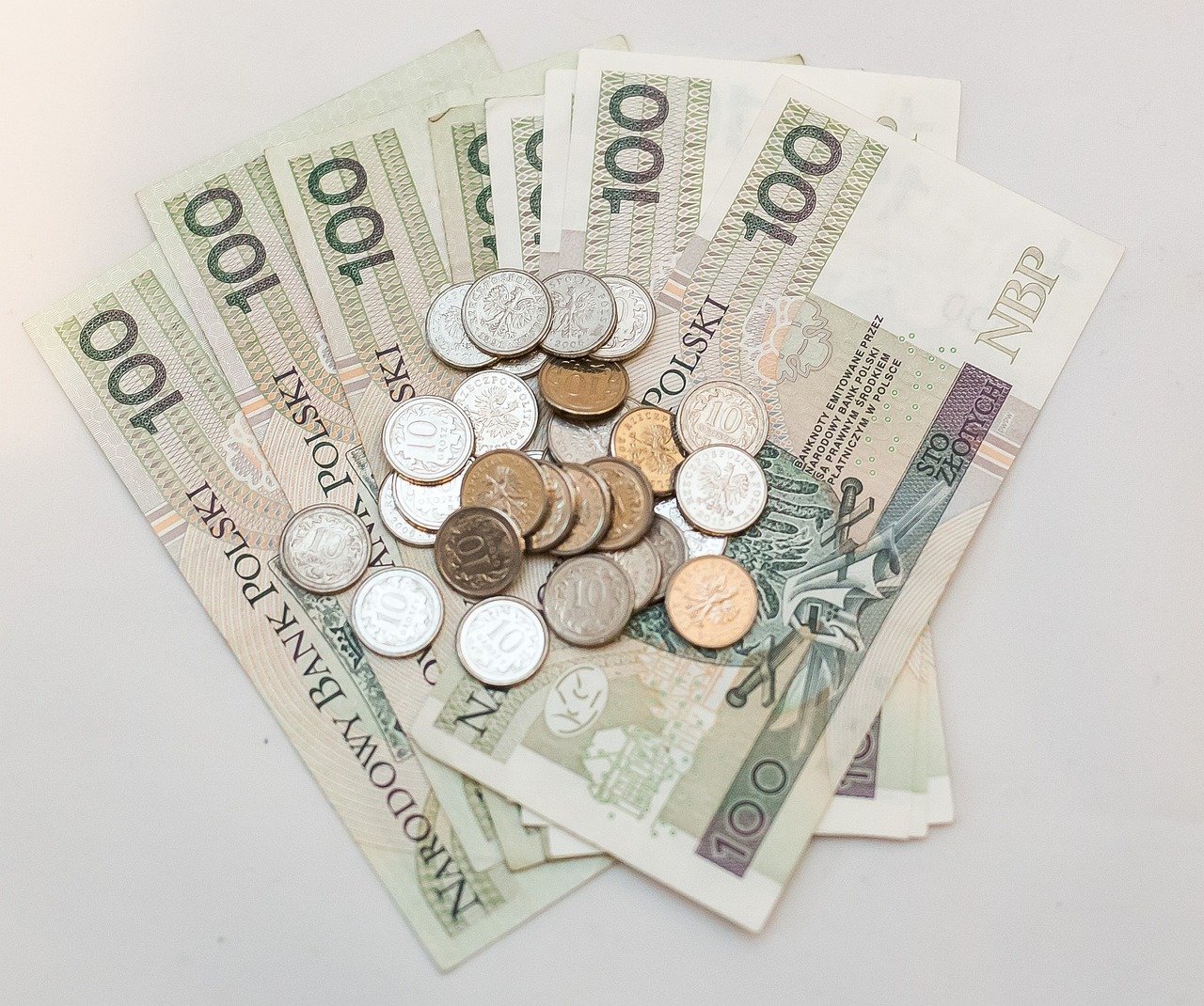
Unlocking the equity in your home can be a game-changer when it comes to your financial goals. One method that has gained popularity for tapping into this valuable resource is the Cash-Out Refinance. In this detailed guide, we’ll explore how to Unlock Home Equity with Cash-Out Refinance, providing you with insights, expert advice, and answers to frequently asked questions. So, let’s dive into this financial strategy that can open doors to a brighter financial future.
Understanding Cash-Out Refinance
Unlocking home equity through a Cash-Out Refinance involves replacing your existing mortgage with a new one that has a higher principal balance. The difference between the two loans is paid out to you in cash, which you can use as you see fit. This can be a powerful financial tool, and here’s why.
Leveraging Your Home’s Value
One of the primary benefits of Cash-Out Refinance is leveraging the increased value of your home. As your home appreciates over time, so does its equity. By refinancing, you can access a portion of this built-up equity and use it for various purposes.
Lower Interest Rates
In many cases, Cash-Out Refinance loans come with lower interest rates than other forms of borrowing, such as personal loans or credit cards. This can result in significant savings over time, making it an attractive option for homeowners.
Tax Advantages
Interest on mortgage loans is often tax-deductible. This means that the interest you pay on your Cash-Out Refinance loan could potentially be tax-deductible, depending on your individual circumstances. Consult a tax professional for personalized advice.
The Process of Unlocking Home Equity
Now that we’ve covered the basics, let’s delve into the process of unlocking home equity through Cash-Out Refinance.
Step 1: Assess Your Equity
Before you proceed, it’s essential to know how much equity you have in your home. This can be calculated by subtracting your current mortgage balance from your home’s current market value.
Step 2: Check Your Credit Score
Your credit score plays a crucial role in determining the terms of your Cash-Out Refinance loan. Higher credit scores often lead to better interest rates and more favorable terms.
Step 3: Find a Lender
Research and compare different lenders to find the one that offers the best terms for your Cash-Out Refinance. Consider factors like interest rates, fees, and customer reviews.
Step 4: Application and Approval
Once you’ve chosen a lender, you’ll need to complete an application and provide the necessary documentation. The lender will review your financial history and assess your eligibility.
Step 5: Closing the Loan
If your application is approved, you’ll move on to the closing phase. This involves signing the necessary paperwork and finalizing the terms of the Cash-Out Refinance.
Common Uses for Cash-Out Refinance
Now that you understand how to unlock home equity, let’s explore some common uses for the funds obtained through Cash-Out Refinance.
Home Renovations and Improvements
Many homeowners use the cash from a Cash-Out Refinance to fund home renovations or improvements. This not only enhances their living space but can also increase the overall value of their property.
Debt Consolidation
If you have high-interest debts, such as credit card balances or personal loans, using a Cash-Out Refinance to consolidate these debts can be a smart financial move. You’ll likely benefit from lower interest rates and a single monthly payment.
Education Expenses
Funding education, whether it’s your own or a family member’s, is a significant financial commitment. Cash-Out Refinance can provide the necessary funds for tuition and related expenses.
Emergency Expenses
Life is unpredictable, and unexpected expenses can arise. Having access to the equity in your home can provide a financial safety net during challenging times.
FAQs
What is the minimum credit score required for a Cash-Out Refinance?
The minimum credit score required for a Cash-Out Refinance typically varies by lender, but a score of 620 or higher is often recommended for favorable terms.
Can I do a Cash-Out Refinance on an investment property?
Yes, it’s possible to do a Cash-Out Refinance on an investment property, but the requirements may be stricter than for a primary residence.
How long does the Cash-Out Refinance process take?
The timeline for a Cash-Out Refinance can vary depending on factors like the lender’s efficiency and the complexity of your financial situation. On average, it takes about 30 to 45 days.
What is the maximum loan-to-value (LTV) ratio for Cash-Out Refinance?
The maximum LTV ratio for Cash-Out Refinance is typically around 80% to 85%, meaning you can access up to 80% to 85% of your home’s appraised value.
Are there closing costs associated with Cash-Out Refinance?
Yes, there are closing costs involved in a Cash-Out Refinance, which can include appraisal fees, loan origination fees, and title insurance, among others.
Is it possible to refinance a Cash-Out Refinance?
Yes, you can refinance a Cash-Out Refinance if you qualify for a better loan with improved terms.
Conclusion
Unlocking home equity with Cash-Out Refinance is a strategic financial move that can help you achieve your goals, whether that’s funding home improvements, consolidating debt, or covering unexpected expenses. However, it’s essential to approach this process with careful consideration and research to ensure it aligns with your financial objectives.
If you’re considering a Cash-Out Refinance, consult with financial experts and lenders to explore your options fully. With the right guidance, you can make informed decisions that lead to a more secure financial future.
Unlock Home Equity with Cash-Out Refinance and take control of your financial destiny today.

